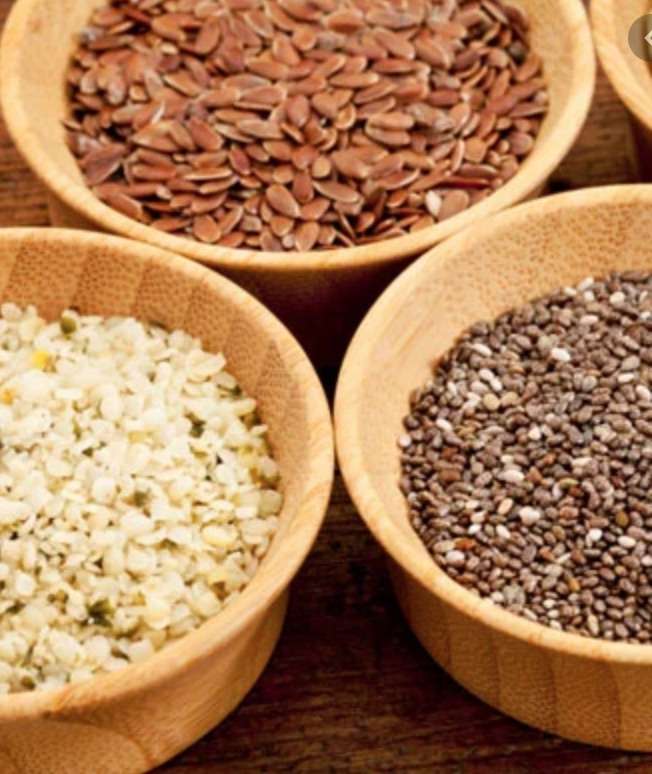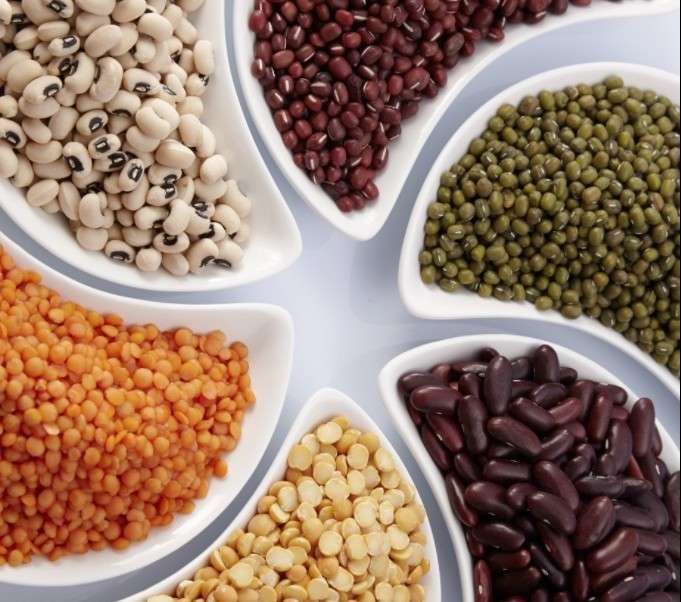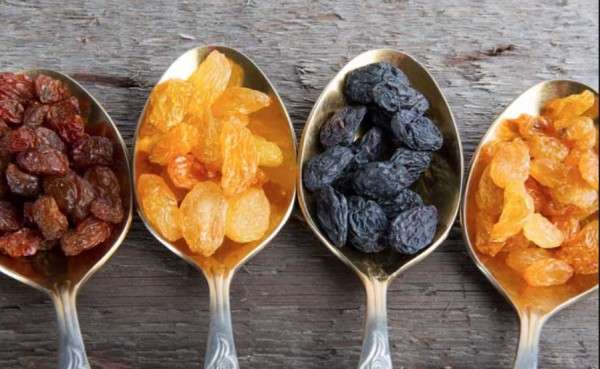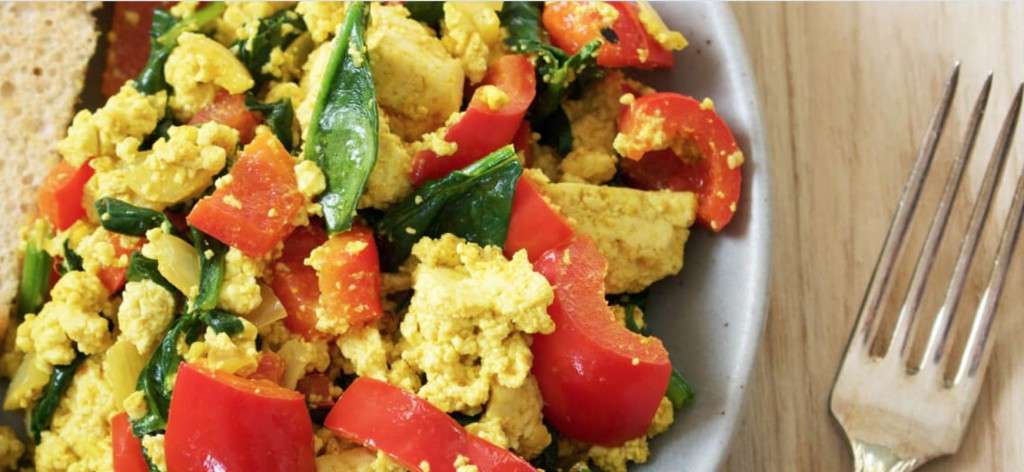December 5, 2019
Plant-based eating for athletes and recreational fitness enthusiasts is becoming more mainstream.
Lots of us are interested, but we’re also a little fearful and have a ton of questions. Can an athlete get enough protein on a plant based diet? This and other vegetarian – vegan newbie questions answered.
Take a breath, let’s look at the facts.
Firstly, know this – there is no single type of food on this earth more powerful than plants! They’re chocked full of nutrients, anti-oxidants, fibre…you know, all the things we know optimize how our bodies work for us. So yup, plant based eating for athletes seems like a pretty good idea. Let’s answer some of the common plant-based questions.
Q: WHAT’S THE BEST DIET?
A: The best diet for you is one that makes you feel your best and works for where you’re at in life right now. And this will be different for everyone. Like many things in the wellness world, there’s a lot of contradictory information out there. Even among nutritional experts and the medical community alike, everyone has an opinion and is entitled to it. A holistic view recognizes that every individual has a unique biochemistry, lifestyle, and belief system. What works best physiologically and spiritually for one may be very different than another. And that’s okay. We’re here to provide options and nutritional support to help you build your most optimal body from the inside out.
Q: WHAT’S THE DIFFERENCE?
A: Generally speaking, a vegetarian diet omit meat but often allows for eggs and/or dairy products. A vegan diet omits all animal products, including eggs, dairy and even honey. Click here to read more about these different types of diets. But out fo these diets, there is in fact one that we recommended over the others – it’s called the Whole Foods Plant Based Diet. WFPB is not simply a vegetarian or vegan diet. It specifically ensures food quality (you’re no stranger to that) 😁
Did you know that a Mars Bar is vegetarian? It’s also gluten-free. But that certainly doesn’t make it good for you, ahhhh shocker! The point here is this: Beware of marketing fluff!
Any food can be super unhealthy if it’s robbed of its nutrients by heavy processing or loaded with preservatives and refined sugars. And that applies to many vegetarian foods as well. The key is to chose real food, regardless of whether it’s plant or animal based.
Q: WHAT ARE THE PROVEN BENEFITS?
A: WEIGHT LOSS. Many studies have demonstrated that whole-food, plant-based diets are effective for weight loss and for helping you maintain the weight loss long term. “A review of 12 studies that included more than 1,100 people found that those assigned to plant-based diets lost significantly more weight — about 4.5 pounds (2kg) over an average of 18 weeks — than those assigned to non-vegetarian diets” . https://www.ncbi.nlm.nih.gov/pubmed/26138004
“A study in 65 overweight and obese adults found that those assigned to a WFPB diet lost significantly more weight than the control group and were able to sustain that weight loss of 9.25 pounds (4.2kg) over a one-year follow-up period”. https://www.ncbi.nlm.nih.gov/pmc/articles/PMC5380896/
HEART HEALTH. Following a whole-foods, plant-based diet may reduce your risk of developing heart disease, certain cancers, cognitive decline and diabetes. “A large study in over 200,000 people found that those who followed a healthy plant-based diet rich in vegetables, fruits, whole-grains, legumes and nuts had a significantly lower risk of developing heart disease than those following non-plant-based diets.”
ENVIRONMENTALLY FRIENDLY. Plant-based diets emphasizing local ingredients are more environmentally friendly than diets that rely heavily on mass-produced animal products.
For inquiring minds who geek out on the science like we do, check out more of the research about the benefits of a whole foods plant-based diet here.
Q: CAN I GET ENOUGH PROTEIN?
Try our Tofu Veggie Scramble
Q: IS LOW CARB POSSIBLE?
A: The simple answer – No, not really.
As we talked about in Week 1 with macronutrients, increased protein is required by all athletes – endurance, power and strength athletes alike. In order to meet these protein needs, a plant-based athlete must consume foods like nuts & seeds, grains, beans, legumes, and soy products. These will indeed provide all the protein necessary to feel and perform optimally. However, many of these foods also pack a big carb punch! If you’re a high level athlete who needs a lot of carbs for your additional energy requirements, this is great news! Expect your carbohydrate intake to increase when you make the switch from eating meat to a plant-based diet.
If you’re the athlete or weight loss dieter trying to lean out by reducing carbohydrates in the diet, this could be a little tricky. However, with careful planning to ensure total daily calories remain in a certain range, you can still support your weight loss goals. Your friendly neighborhood nutritionist (that’s me!) can help you with that 😁
Q: HOW DO I TRANSITION?
A: When you first start to eat more plant-based foods and avoid animal products, you’ll find you’re naturally eating more overall carbohydrates. You also may find that you begin eating many foods that you haven’t consumed before (not in large quantities anyway). So it’s recommended to transition slowly to a plant-based diet. Check out our handy checklist, 10 Ways to Transition to Plant-based Eating, and get in touch to chat about further guidance if you’d like.
Q: WHAT ABOUT NUTRIENT DEFICIENCIES?
A: Yes, there are certainly crucial nutrients that meat contains high amounts of, and that of which we may be increased risk of developing deficiencies in when not eating meat. But with a little planning, you need not worry about developing deficiencies in these nutrients.
Here are 6 of the nutrients you’ll want to pay close attention to.
1. VITAMIN B12
B12 is found only in animal and fortified foods, as well as in small amounts in certain types of seaweed. Supplementing a vegan diet with vitamin B12 is recommended. You can order your quality safe supplements from our trusted online dispensary Fullscript (click to access). Enjoy an exclusive 10% discount and shipping direct to your door! Follow the easy prompts to set up your own account with us, and then browse the many quality medical-grade vitamins and supplements available. Feel free to get in touch with us if you have any questions.
2. OMEGA-3 FATS
Eat plenty of chia seeds, flaxseeds, walnuts, and hempseeds for their omega-3 fats, as most sources of this important nutrient are animal products. You can also get these essential fats by taking algae oil supplements.

3. ZINC
Zinc can sometimes be lacking in a plant-based diet, as rich sources are found in meat products. But it can also be found in many beans, legumes, and whole grains. Note: it’s important to soak or sprout grains and beans before cooking them so it reduces the phytic acid found in these plants that can hinder zinc absorption.

4. IRON
No red meat, no problem! Even though iron from plants is not as abundant or easily absorbed as from red meat, eating a varied diet rich in whole plant foods should ensure enough iron. You can find iron in leafy green vegetables, whole grains, lentils, peas, and dried fruits. Pro Tip: adding foods rich in vitamin C will also improve iron absorption.

5. PROTEIN
Of course, protein is the macronutrient we’re always concerned about when avoid animal products. Yes, we get complete proteins (that means all of the amino acids our bodies need) from animal products. So not eating them can mean we risk not getting what we need. However, there are some plant-based foods that contain a good amount of protein – and some even have complete proteins, all of the amino acids we need – that’s good food news! Be sure to download our 15 Top Protein Packed Plant Foods below 👇🏼
6. CREATINE
Creatine plays an important role in brain and muscle function, allowing them to produce greater strength and endurance. But it’s not essential in your diet because it can be actually produced by your liver. However, studies have shown that vegetarians tend to have lower amounts of creatine in their muscles. The plant-based athlete will benefit from creatine supplements. Read more https://www.athlegan.com/vegan-creatine
The science, all the whys, and best of all – the how-to’s. Every day in the Lunchbox mobile app, so you can build the lifelong habits you need to build your best body, from the inside out.
CHECK OUT THE LUNCHBOX!
Plant based Eating for Athletes
The entire contents of this website are based upon the opinions of Build Holistic Nutrition. Please note that Build Nutrition is not a dietitian, physician, pharmacist or other licensed healthcare professional. The information on this website is NOT intended as medical advice, nor is it intended to replace the care of a qualified health care professional. This content is not intended to diagnose or treat any diseases. Always consult with your primary care physician or licensed healthcare provider for all diagnosis and treatment of any diseases or conditions, for medications or medical advice, as well as before changing your health care regimen.
© BUILD NUTRITION 2026. ALL RIGHTS RESERVED. PRIVACY POLICY
Go ahead, creep us on social. You know you want to!


